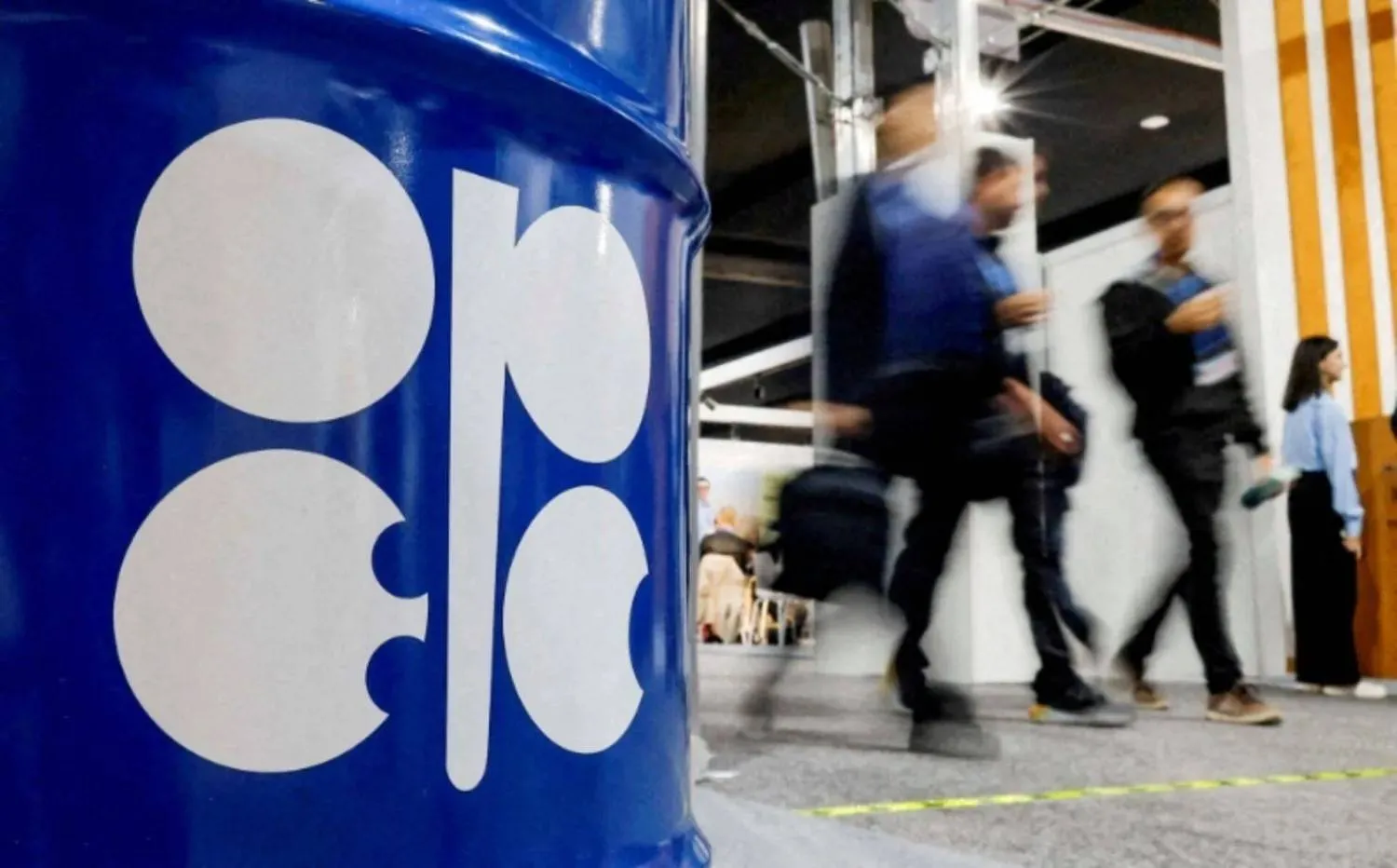Egypt signed a $2 billion conventional and Islamic loan with several international and regional banks in a deal coordinated by two UAE lenders, the Finance Ministry said on Monday.
Emirates NBD Capital and First Abu Dhabi Bank were joint coordinators and lead managers of the deal, the ministry added in a statement, noting that it was approved by parliament
The loan aims at “financing the state budget and supporting the Egyptian economy in order to maintain its strong path in the face of fluctuations prevailing in global markets.”
Despite the challenges faced by the market due to the coronavirus implication, there was a great demand for subscribing to the deal.
“The average subscription coverage amounted to 1.75 times the value of the offering.”
This has prompted the Finance Ministry to increase the volume of financing from $1.5 billion to $2 billion, reflecting the strong confidence of regional and international investors in the Egyptian economy and its stable credit rating.
A parliamentary document obtained by Reuters showed Egypt initialized the deal with Emirates NBD and FAD in July 20 to obtain a one-year, $2 billion loan in two tranches to close the gap in its 2020/21 budget wrought by the COVID-19 pandemic.
The first tranche is a conventional facility of $1.490 billion and the second an Islamic facility of $510 million, the document added.
Finance Minister Mohamed Maait affirmed the regional and international banks’ keenness to be part of the deal, indicating Egypt’s success in implementing its economic reform program.
Egypt constantly works to diversify its sources of financing by benefiting from the regional and Islamic financing sources, Maait noted.
Among the banks that participated in the financing are Mashreq Bank, ABC Islamic Bank, Arab Banking Corporation, HSBC Bank Middle East, Standard Chartered and Sumitomo Mitsui Banking Corporation.
Also, lead arrangers include Gulf International Bank, Abu Dhabi Islamic Bank (ADCB), Al Ahli Bank of Kuwait (ABK) in the DIFC, Dubai Islamic Bank, Intesa Sanpaolo, Samba Financial Group, Sharjah Islamic Bank, Citibank in London and Emirates Islamic Bank.









